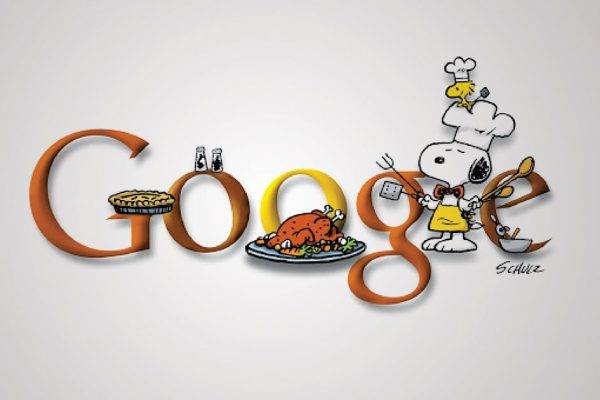When it comes to content, how can quality be quantified?

If you’ve ever read any marketing or SEO tips from experts, you’ll find that they nearly all of them say the same thing about written content: quality is the most important aspect. High-quality content ranks better than low-quality (obviously). And if you have to choose between quality and quantity, quality Trumps every time.
Of course, for the longest time, no one bothered to define what “high-quality” actually meant. Gibberish text full of random words strung together without punctuation was low quality. Everyone agrees on that. But what about the other side? What makes something high-quality?
What does “high-quality” mean to Google?
Quality writing is subjective. What one person deems high-quality, someone else might think is a flaming pile of sheep dung squished into a screen. Think of it like movies; some people like to watch all the big blockbusters, while others think the only good movies are foreign films that air only in small French villages for a single night.
But quality to Google is something specific.
Google says your website should provide value to visitors, whether that be through videos, resources, blog posts, or simply a way to reserve a table or order from your store. Quality written content can be difficult to gauge, but one way to help with this is through checking a few basic things on every page:
- Have no broken links, hidden links, or hidden text (same colour as the background, for instance)
- Don’t create multiple pages on a site with essentially the same content e.g. Home Renovations Southland and Home Renovations Invercargill where only the region name is changed.
- Avoid having pages with little or no original content, such as pages copied verbatim from another website. You also don’t want pages with only a sentence or two.
- Include your most important keyword in both the title and meta description.
- Don’t use content made automatically through content robots
- Do a spelling check for typos and read over content for grammar errors.
- Write at an appropriate reading level for the target audience
Quality is about good EATing
Always being hungry for more, Google developed over 100 pages of quality guidelines in May 2019 when they had individuals start checking top search results and give them a quality rating, something they likely will attempt to automate in the next few years. Their new rating system is measured through Expertise, Authoritativeness, and Trustworthiness (EAT) guidelines. Since content is supposed to be useful and make visitors want to devour more, it should be something they can EAT and digest. So, the owner of a plumbing company with accolades, multiple certifications, and 40 years of work experience would be weighted higher than someone who once unstuck a wad of paper towels from their clogged toilet.
How can you check your EAT score?
Currently, this means that the only way to accurately judge quality by Google’s standards is to have your site pages reviewed manually through the Search Quality Rating Program… Which is unlikely to happen. However, by knowing what they’re looking for, you can be ahead of the curve once they figure out how to implement these guidelines into their search algorithm. A few best practices you can do now include:
- Make sure that your pages have a clear purpose. A page that describes your goods and services in detail is helpful. One on your company site that has pictures of goats and talks about the 2011 Cricket World Cup Final may not be so clear.
- Research and write content that comes from experience or is important in your field. Information should be true and accurate.
- If the page is meant to be informative, it should provide something different than what’s already available elsewhere. It’s okay to take some elements from other pages and combine them together. But don’t take a page and copy it in slightly different wording. Although, summaries of long or complicated content can be very helpful too.
- Have an updated About page that explains your experience and credentials? With the new EAT guidelines, information on who people are and why they have authority on a topic will likely become more important.
- Understanding how to write a blog article for your website is important. Use keywords appropriately. Make sure that your title and description will bring users to a page that’s relevant to their search. If they search for “Best painters Invercargill” and click on a company page that seems to be about painting, but the content is all about making pavlova, then it’s deceptive and can cause a sharp drop in rankings if the discrepancy is found.
Now’s a good time to dust off those English skills
With Google’s Search Quality Rating program in the works, content quality is going to become more important than ever before. While the guidelines of high-quality content might seem over-complicated and difficult, they boil down to taking the time to write useful information that is honest, relevant, accurate, and free of spelling and grammar errors.





